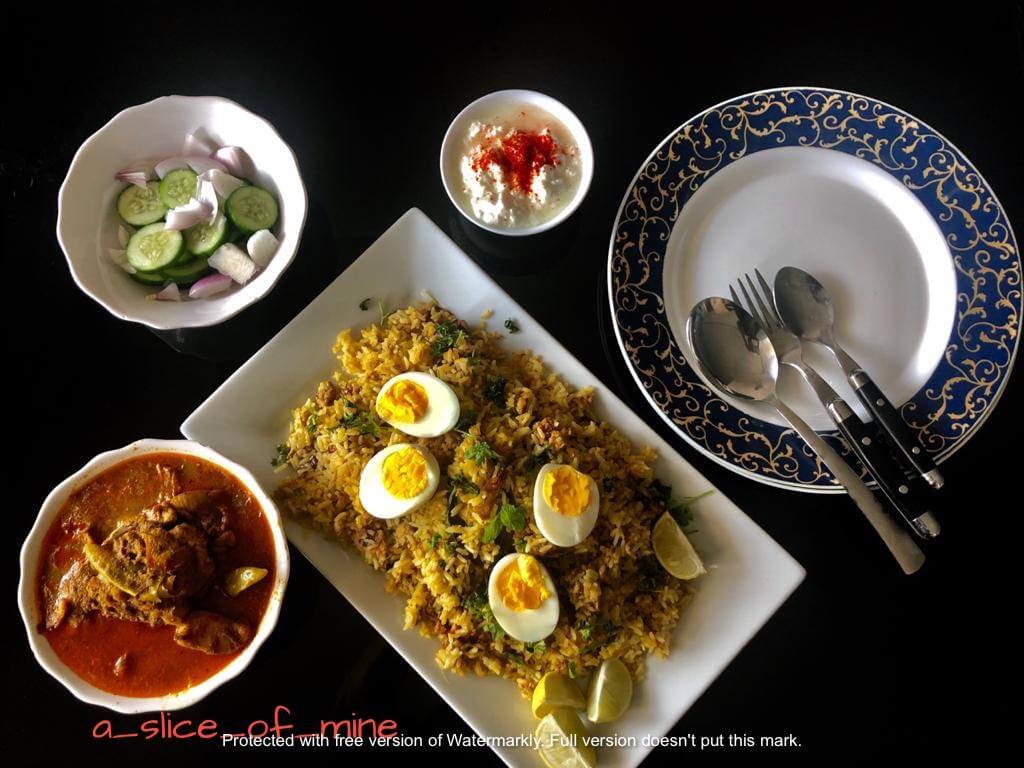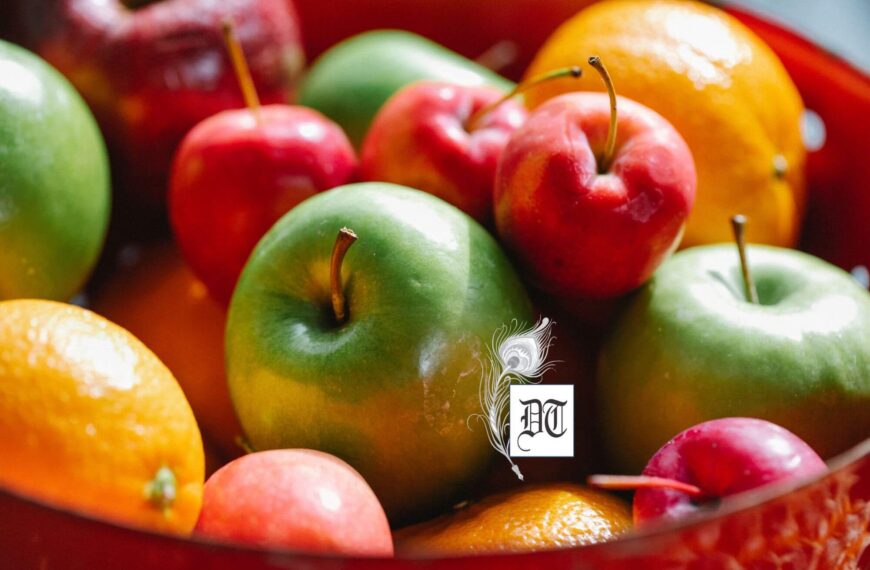London-based Parna, a certified Nutritionist, tells us about the many benefits of Okra, including how it helps reduce fat. She shares a recipe for Sweet & Sour Okra Yogurt (also known as Dahi Bhindi), a delicacy from the eastern India, in her weekly column, exclusively in Different Truths.
Okra (also known as lady finger, Bhindi) has been one of my favourite vegetables since childhood. As a coincidence, my husband’s favourite too. This is one of the superfoods that is consumed by people from all over India and abroad. Just the preparation differs from place to place.
Okra is a good source of fiber, iron, calcium, potassium and vitamins A, B and C. We should choose young, small okra pods (about 3 inches in length), as the larger and older pods become very woody in flavour and texture. Store the pods in a plastic bag in the refrigerator for two to three days. Avoid using copper, iron or brass cookware, which turns the colour of okra to an unappetizing brown. Although okra is available in many parts of the country year round, it’s at its peak throughout the summer.
However, many people do not like eating Okra much due to its slimy characteristic.
Do you know what makes the Okra slimy?
The thick, sticky, viscous fluid in Okra, also known as the mucilage, is made of sugar residues called exopolysaccharides and proteins called glycoproteins. Mucilage in plants plays a role in the storage of water and food, seed germination, and thickening membranes. The mucilage’s viscosity increases when heat is applied. This is good for thickening dishes.
How to prepare Okra non-slimy?
A trick for reducing sliminess is to soak the okra in vinegar for half an hour before cooking it. Rinse it and pat dry before cooking. Finally, you can pre-cook okra at very high heat by sautéing, roasting, blanching or grilling. Then add cooked okra to your recipe and there will be hardly any slime at all.
Health Benefits:
Leaving aside its sliminess, this small vegetable offers a plethora of health benefits:
- Digestive Wellness: The slimy texture of okra contains an extraordinary laxative property that ensures regular and smooth bowel movements. Its mucilage lubricates and soothes the intestinal tract to facilitate painless elimination of waste materials. It is also a good source of dietary fiber, which benefits your digestive health. Diabetes Control: Okra is packed with dietary fibre that helps stabilisation of blood sugar levels by regulation of the rate of absorption of sugar from the digestive tract. The anti-diabetic property of okra is also attributed to its ability of inhibition of enzymes metabolising carbohydrates, enhancement of production of insulin, regeneration of beta cell of the pancreas and increased secretion of insulin.
- Lowers Cholesterol and Improves Heart Health: Pectin, a soluble fibre present in Okra helps lower the bad cholesterol (LDL) and thus is helpful in preventing heart disease. Okra is also quite rich in antioxidant compounds like polyphenols. These compounds, especially quercetin, helps prevent oxidation of cholesterol and blocking of arteries, preventing heart disease from occurring.
- Weight Management: People who aspire to lose weight can eat Okra to facilitate weight loss. The vegetable is quite low in calories, with a 100g serving containing just 33 calories.
- Improves Immunity: Okra is rich in vitamin C with a 100g serving meeting approximately 38% of your daily requirement of the nutrient. Vitamin C is a vital nutrient that helps improves your immunity and protects you from several diseases and infections.
- Improves Concentration: Folate or Vitamin B9 is another critical nutrient present in Okra. This nutrient is required by your brain to function properly as it aids in the production of several important compounds.
- Good for Pregnant Women: Women who are pregnant will benefit from the consumption of Okra as it contains Vitamin B9 or folic acid which can help prevent neurological birth defects in their newborn.
- Prevents Cancer: Research suggests that Okra has a higher concentration of antioxidants than most vegetables. These antioxidants prevent damage to your cells from free radicals and inhibit the growth of cancer cells in your body. The insoluble fibre in it promotes a healthy digestive tract and lowers your risk of colorectal cancer. Pectin present in the vegetable has been shown to prevent a proliferation of melanoma cells in vitro.
So, here I present one of my quick healthy delicious preparations of Okra, Sweet & Sour Okra Yogurt (also known as Dahi Bhindi).
This dish is quite a delicacy in the eastern part of India especially Orissa. I learned it from an Oriya friend but customised it as per my taste.
Ingredients
250 gm tender Okra
250 gm yogurt
Half cup water
2 tsp salt
1 tsp sugar (optional)
1 tsp turmeric powder
1 tsp chilli powder
1 tsp roasted cumin powder
4 tbsp Olive oil
For seasoning
1 tsp Panch Phoron (mixture of 5 seeds – mustard, cumin, onion, fenugreek, fennel)
1-2 dry red chilly
4-5 curry leaves
Directions
1. At first, wash the Okra pods well and pat them dry with a cloth or paper towel.
2. Remove the head and tail of the okra pods and discard them.
3. Chop the Okras as per your desired length for e.g. 3-4 inches size.
4. Sprinkle salt and turmeric powder on the chopped Okra, mix them well and keep aside.
5. Heat 3 tbsp oil in a skillet and sauté the Okras in it. Once the Okra is cooked, drain them out from the oil.
6. In a mixing bowl, add the yogurt, whisk it well while slowly adding the water to make sure there are no lumps and the mixture is smooth. Add little salt, sugar (optional), chilli powder and roasted cumin powder to it and mix well.
7. Now add the sautéed okra to this yogurt mixture.
8. For the seasoning, heat 1 tbsp oil in a small pan and add the Panch Phoron, dry red chilli and curry leaves. Once they are fried, add this seasoning to the Okra Yogurt dish.
The Sweet & Sour Okra Yogurt (Dahi Bhindi) is ready. Serve it with some protein (chicken/fish/legumes, etc) and good complex carbs (rice/wheat roti, etc.) to make a balanced meal.
Hope you enjoy this dish with your loved ones!
©Parna Mukherjee
Photos by the author.
#Okra #OkraForHealth #YogurtOkra #Heath #DahiBhindi #YogurtOkra #LifeNFitness #DifferentTruths





 By
By

 By
By